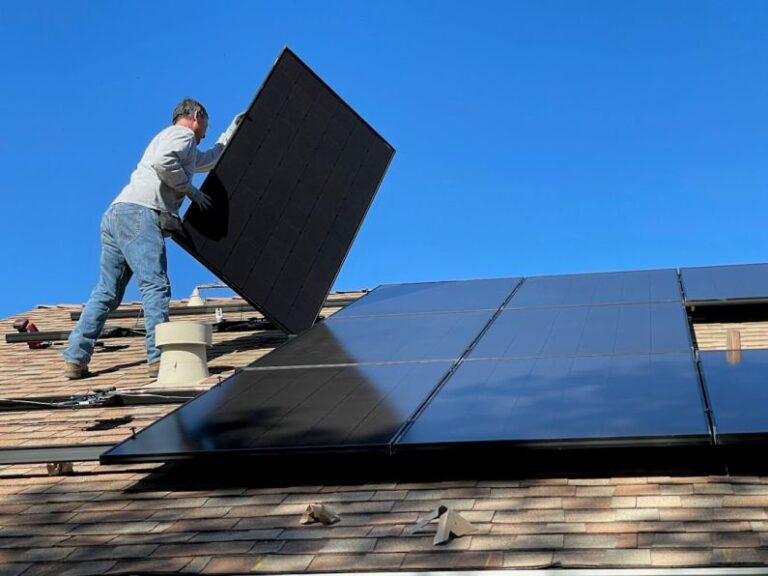Choosing Energy-efficient Appliances
In today’s world, energy efficiency has become a critical consideration for consumers looking to reduce their carbon footprint and save on utility bills. One of the most significant ways individuals can contribute to energy conservation is by choosing energy-efficient appliances for their homes. Not only do these appliances help in reducing electricity consumption, but they also often come with advanced features and technologies that can make everyday tasks more convenient and enjoyable. In this article, we will explore the importance of selecting energy-efficient appliances and provide some tips on how to make the best choices for your household needs.
Understanding Energy Efficiency Ratings
When shopping for new appliances, one of the essential factors to consider is their energy efficiency ratings. These ratings, often displayed as Energy Star labels, indicate how much energy an appliance consumes compared to similar models. The higher the energy efficiency rating, the lower the energy consumption, which translates to cost savings over the long term. Energy Star-certified appliances are tested and verified to meet strict energy efficiency guidelines set by the Environmental Protection Agency (EPA), making them a reliable choice for environmentally conscious consumers.
Opt for Appliances with Advanced Features
In addition to energy efficiency, modern appliances come with a range of advanced features that can further enhance their performance and convenience. When selecting appliances for your home, look for models that offer innovative technologies such as smart sensors, adaptive defrosting systems, and variable speed compressors. These features not only improve the appliance’s overall efficiency but also contribute to a more comfortable and user-friendly experience. For example, refrigerators with smart sensors can adjust temperature settings based on usage patterns, leading to optimized energy consumption and food preservation.
Consider Size and Capacity
Another crucial aspect to keep in mind when choosing energy-efficient appliances is the size and capacity that best suit your household needs. Selecting appliances that are too large for your requirements can result in unnecessary energy waste, as they will consume more electricity to operate than smaller, appropriately sized models. Before making a purchase, assess your usage patterns and consider the number of people in your household to determine the optimal size and capacity for appliances such as refrigerators, washing machines, and dishwashers.
Invest in Energy-Efficient Lighting
While most consumers focus on major appliances like refrigerators and washing machines, it’s essential not to overlook the impact of lighting on overall energy consumption. Traditional incandescent light bulbs are notorious for their inefficiency, as they waste a significant amount of energy in the form of heat. To reduce electricity usage and lower your utility bills, consider switching to energy-efficient LED or CFL bulbs throughout your home. These alternatives not only consume less energy but also have a longer lifespan, reducing the frequency of replacements and maintenance costs.
Maintain Your Appliances Regularly
To ensure the continued energy efficiency and performance of your appliances, it’s crucial to prioritize regular maintenance and cleaning. Dust and debris accumulation can hinder an appliance’s operation, leading to increased energy consumption and potential malfunctions. Simple tasks such as cleaning refrigerator coils, replacing air filters in HVAC systems, and descaling dishwashers can go a long way in preserving the efficiency and longevity of your appliances. Additionally, scheduling professional maintenance checks for complex appliances like HVAC systems can help identify and address any issues before they escalate.
Make Informed Purchasing Decisions
When shopping for new appliances, take the time to research and compare different models to find the most energy-efficient options that align with your budget and requirements. Look for appliances that carry the Energy Star label and consider factors such as annual energy consumption, operating costs, and warranty coverage. While energy-efficient appliances may have a higher upfront cost, the long-term savings on utility bills and environmental benefits make them a worthwhile investment for any household. By making informed purchasing decisions and prioritizing energy efficiency, you can contribute to a more sustainable future while enjoying the benefits of modern, high-performing appliances in your home.






